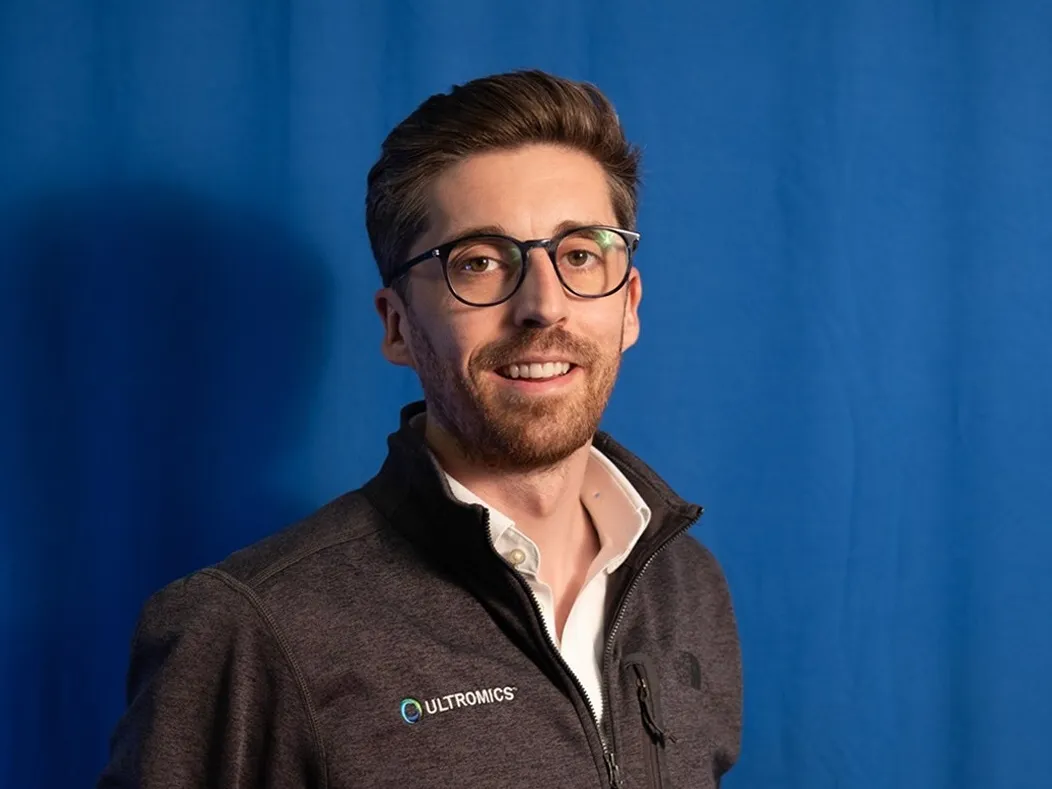

Ultromics, a pioneer in AI-driven cardiology solutions, today announced it has raised £40m in Series C financing. The round was co-led by L&G, Allegis Capital and Lightrock, with continued support from Oxford Science Enterprises, GV, Blue Venture Fund and Oxford University. Major US health systems, including UChicago Medicine's venture investment vehicle, UCM Ventures, and UPMC Enterprises also participated in the round.
Built on years of clinical study and hundreds of thousands of echo scans, Ultromics offers the first FDA-cleared, Medicare-reimbursed AI technology to help clinicians detect HFpEF and cardiac amyloidosis, two of the most elusive forms of heart failure. The company is now expanding across the US to bring that capability to the hospitals and echo labs that see the highest volume of at-risk patients, aiming to make AI-enhanced diagnostics a default step in the cardiac workup. Ultromics is also expanding its pipeline to include additional cardiac conditions, new distribution channels and deeper partnerships with health systems and clinical leaders.
It's a critical moment for cardiovascular care. Heart failure is rising, costs are mounting and millions of patients are still going undiagnosed, especially those with harder-to-detect forms like HFpEF and cardiac amyloidosis. In the US alone, heart failure drives over £20bn in annual healthcare costs, a number projected to exceed £50bn by 2030. Clinicians often rely on subjective interpretation of echocardiograms, leading to missed or delayed diagnoses even when patients are actively seeking care. In fact, up to 64% of HFpEF cases go undiagnosed, and cardiac amyloidosis is frequently mistaken for more common forms of heart disease, leaving patients untreated until symptoms worsen or irreversible damage occurs.
Ultromics addresses this diagnostic blind spot by using AI to extract hidden disease signals from standard echocardiograms, enabling earlier, more accurate detection of complex heart conditions—without requiring new hardware or disrupting clinical workflows. Its FDA-cleared EchoGo® platform supports diagnosis of HFpEF and cardiac amyloidosis. Trained and validated on one of the largest real-world echo datasets globally, EchoGo® generates real-time probability scores to help cardiologists identify high-risk patients earlier than traditional methods. EchoGo® is fully reimbursed under Medicare, making it scalable across hospitals, clinics, and health systems nationwide.
Ultromics has already analysed more than 430,000 echocardiograms to date. In clinical studies, EchoGo® improved the detection of HFpEF by 73.6% when compared with standard clinical risk scores. The company's latest diagnostic model for cardiac amyloidosis, validated in a global study of 18 institutions and published in the European Heart Journal, outperformed current clinical risk scores while distinguishing disease from similar conditions.
With growing adoption and partnerships across flagship institutions, including UChicago Medicine, University Hospitals Cleveland, Northwestern, and Mayo Clinic, Ultromics is building regional clusters of clinical and commercial traction, particularly in high-prevalence regions like the Midwest. Its platform is helping hospitals reduce unnecessary tests, streamline workflows and initiate treatment earlier so it's more effective and less expensive.
Ultromics has rapidly expanded its platform capabilities and US market presence during the past year. In late 2024, the company received FDA Breakthrough Device clearance for EchoGo® Amyloidosis, followed in 2025 by the launch of EchoGo® Score, a new feature that adds AI-driven probability scoring to EchoGo® Heart Failure, helping clinicians detect HFpEF with greater nuance. These clinical advances are now supported by Medicare reimbursement for both outpatient and inpatient use, strengthening Ultromics' foundation for scaled adoption across US hospitals.